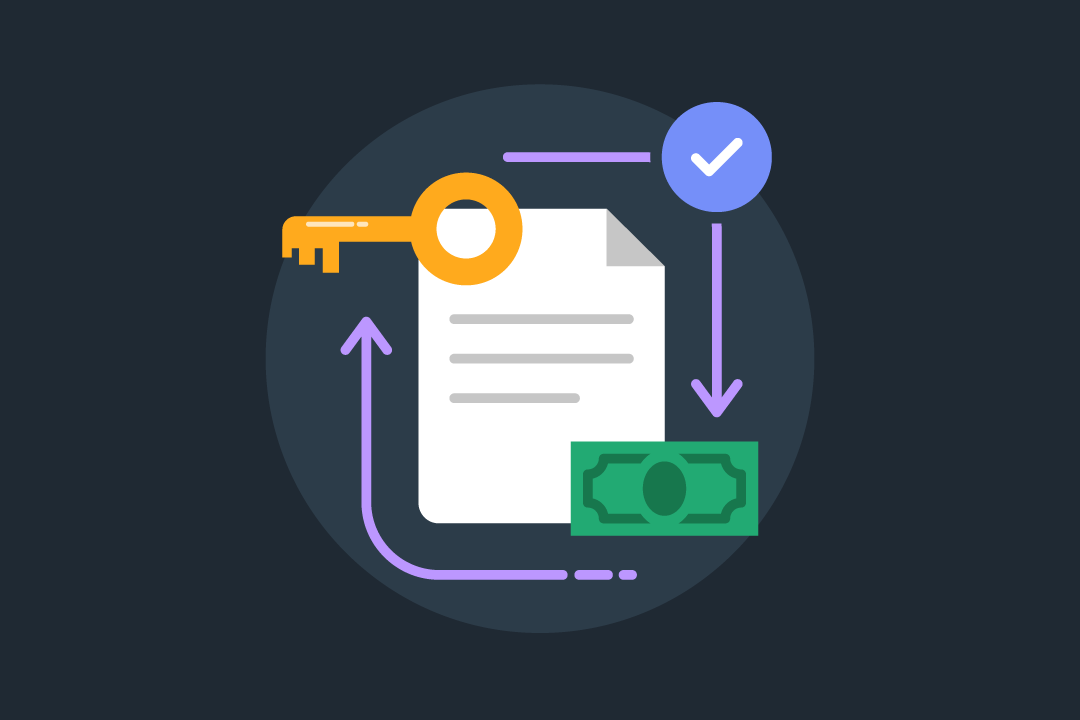Reasons Why Rehab Therapists Should Care About Outcomes
Rehab therapists should care about outcomes since it can make all the difference. Here is all the data to create a successful patient experience in your clinic.

Subscribe
Get the latest news and tips directly in your inbox by subscribing to our monthly newsletter
Data is a hot topic right now and for good reason: data-driven, value-based care (VBC) continues to gain traction and will soon replace fee-for-service as the top form of payment for services from health insurers. Despite this trend, only 51% of providers in WebPT’s State of Rehab Therapy report reported leveraging outcomes management software in their practices last year. Sure, navigating outcomes measurement solutions might not be easy, but it is an absolute necessity to ensure a rehab practice is successful.
With any luck, you’re ahead of the curve and already collecting rehab therapist outcome data in some form. If not, there’s no reason to panic just yet — there’s still time to adopt best practices for VBC and to get staff on board with better outcomes collection processes. With that in mind, let’s jump into the top three reasons rehab therapists should care about outcomes—and tracking them.
1. Improves Patient Care
Outcomes data is unique because it’s directly tied to the efficacy of patient care. Thus, when providers collect and analyze this information, it gives them insight they can use to streamline operations, determine best practices, and inform business decisions. However, the benefits of tracking outcomes don’t stop at the individual practice level. When many providers come together to create a substantial pool of data, it has the power to prove therapy’s effectiveness across the board—elevating the rehab therapy industry as a whole.
This Commonwealth Fund article explains why outcomes data will be favored in the future: “In coming years, patient-reported measures are expected to play a more prominent role in assessing performance and determining the comparative effectiveness of different treatments, in part because of a growing emphasis on patient-centered care and value-based payment approaches.” The more rehab therapists can prove their strengths as healthcare providers, the better—because as a result, patients will have greater access to this cost-effective, non-invasive treatment. Furthermore, by tracking patient satisfaction and outcomes, therapists can hold themselves accountable to providing the highest possible quality of care—and that raises the bar for the entire profession.
2. Influences Payment
In the past, therapists have shied away from data collection for fear that it would negatively affect their contracts—and thus, their bottom lines. But the advent of VBC has ushered in quite the opposite. Instead, well-performing clinics—as demonstrated in part by their outcomes data—are paid more through programs like Medicare’s Merit-based Incentive Payments System (MIPS). VBC programs like MIPS will continue to grow in acceptance and utilization as CMS emphasizes cost savings, placing outcomes data front and center of successful reporting.
For clinics that do not participate in MIPS or other VBC models, outcomes data is still crucial to negotiating better payment rates, increasing referrals, and even advocating for policies that will ensure therapists aren’t left behind as payment structures evolve. The more data the rehab industry can gather, measure, and convert into meaningful information, the more influence it’ll have over the future of health care.
3. Positions Rehab Therapists as Key Players in Patient Care
As you’re already very aware, when patients with neuromuscular issues seek therapy early in the course of treatment, it can save hundreds—if not thousands—of healthcare dollars per patient. But, as obvious as this fact is to therapists, the general public hasn’t quite caught on—yet. And with collaborative care models becoming increasingly prevalent in the healthcare space, therapists must step up and claim the recognition they deserve.
That begins with collecting the right kind of data. As I mentioned earlier, outcomes data is the “right kind of data” because it’s measurable, comparable, and actionable. However, to make data collection worth the effort, therapists need to do more than track numbers and figures. They must:
- use standardized tools to collect outcomes data,
- select measurements recognized outside of the rehab therapy realm,
- and push to make their findings more widely available outside of individual clinics.
Now, collecting meaningful data does take effort. But, luckily we have you covered in that department as well with this quick read.
The rehab therapy industry has a huge opportunity to shine in the pay-for-performance age. Yes, it will take some time and effort. But if done correctly—and with the right tools to optimize collection and provide a complete view of patient and practice performance—tracking outcomes will give providers the power to save their patients money, improve their bottom lines, and position themselves as primary care providers.
Are you tracking outcomes data? How has it helped your practice? Share your experience in the comments section below.





